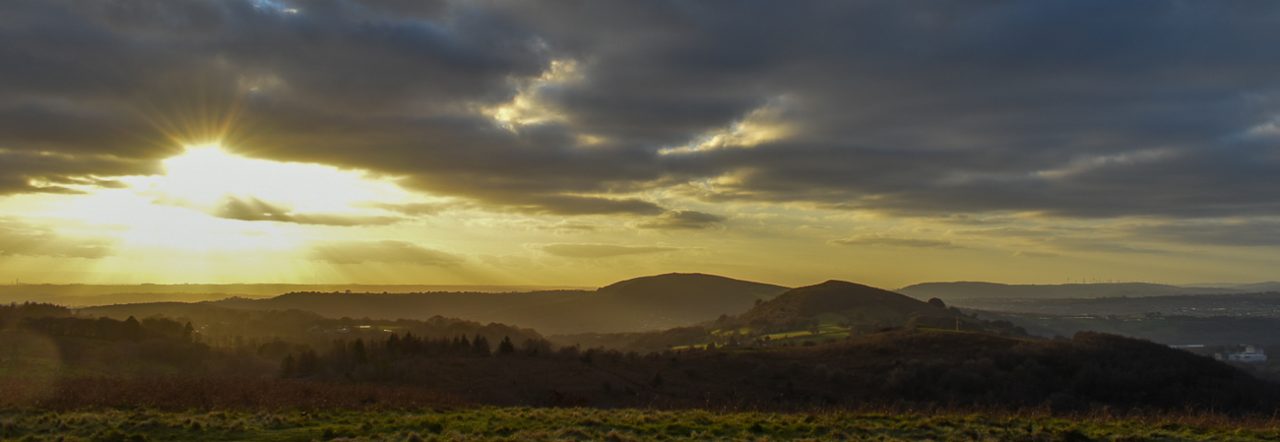
A series offering writers help to make their work more accessible, interesting, varied, accurate and effective by exploring similar and dissimilar words. It also gives language learners insights into some peculiarities of English.
A good thesaurus provides substitutes for the idea of a word, but not all suggestions are true synonyms. Context is vital. Placing alternative words in the same sentence to see whether they actually make sense is one way of checking suitability. But it’s not foolproof, so a good dictionary is essential.
I prefer the 1987 edition of Roget’s Thesaurus for word selection. And my dictionary of choice is the two-volume Shorter Oxford English Dictionary. But I try to dig the best word from my overcrowded memory first: it’s good mental exercise. Other books of words, which I consult when the appropriate term escapes me, sit on the reference shelf behind me.
So, to this week’s word: Onomatopoeia
Onomatopoeia – Roget gives only one header: mimicry, under which a further 58 alternatives are listed, including description, imitativeness, simulation, and semblance. Onomatopoeia is essentially a form of descriptive language, with the dictionary definition as follows: The formation of a word by the imitation of the sound associated with the thing or action designated; a word formed by this process.
Let’s look at usage for ‘onomatopoeia’. We rarely use this word in the formation of a sentence, but we use onomatopoeia for effect when involved in creative writing, particularly, but not exclusively, in poetry. So, I’m going to list a few of these words that sound like the thing they describe and illustrate their use in sentences instead.
‘Young Jeremy enjoyed the rain, squelching through muddy fields and sploshing and splashing through wide puddles.’
‘Teresa, witch and crone, cackled as she cast her spells on the unfortunate girl.’ ‘Harry, wizard and hero, chuckled as he countered her spells with deft flicks of his wand, shielding the girl from harm.’ (Sexist and stereotypical, of course, so avoid such associations if you want to avoid those criticisms!)
‘Old Albert clattered and clanged his way about the yard, seeking out valuable objects until he dropped a heavy metal pot with a clunk on the concrete, barely missing his foot.’
You’ll find an alphabetical list of onomatopoeias if you click this link. Using them can bring life to descriptive pieces.
For language learners, there’s a great group page on Facebook, which you can find through this link.
I welcome observations and suggestions here. Please use the comments section below for your ideas and thoughts.



Reblogged this on Novel Writing Festival.
LikeLiked by 1 person
Thank you for the reblog!
LikeLike